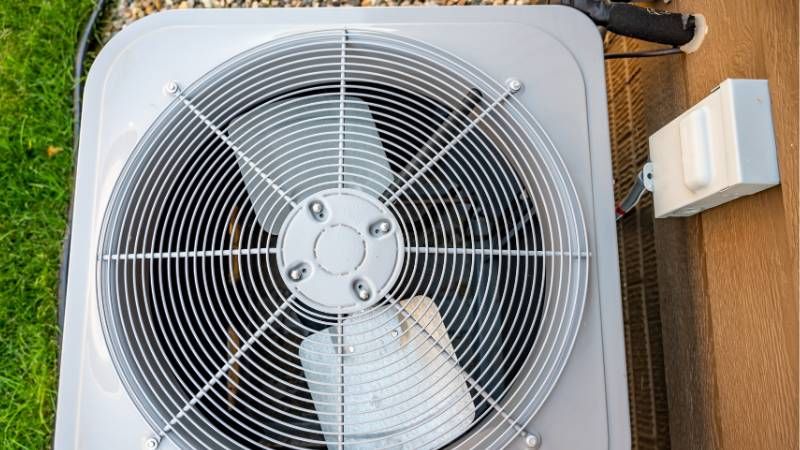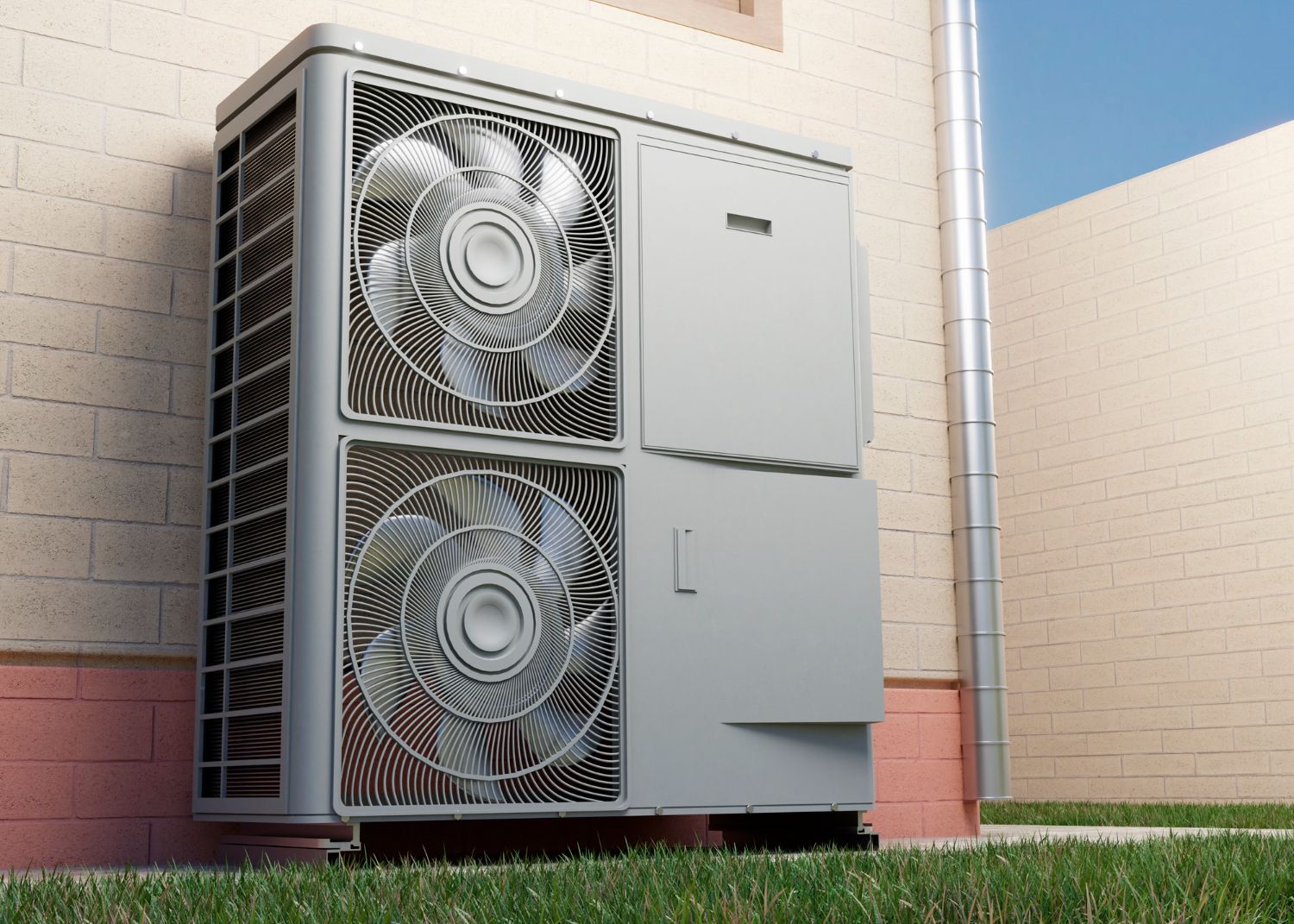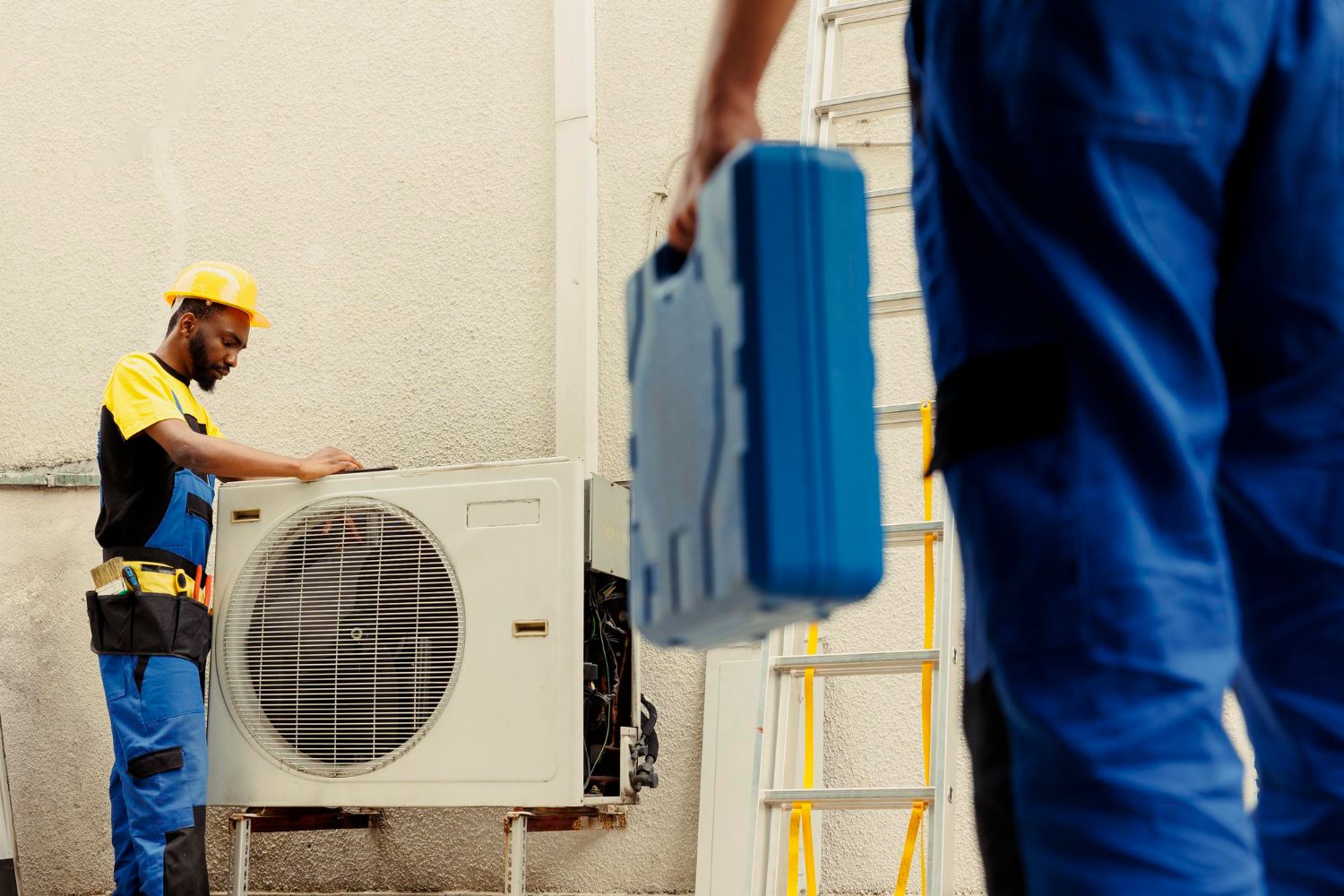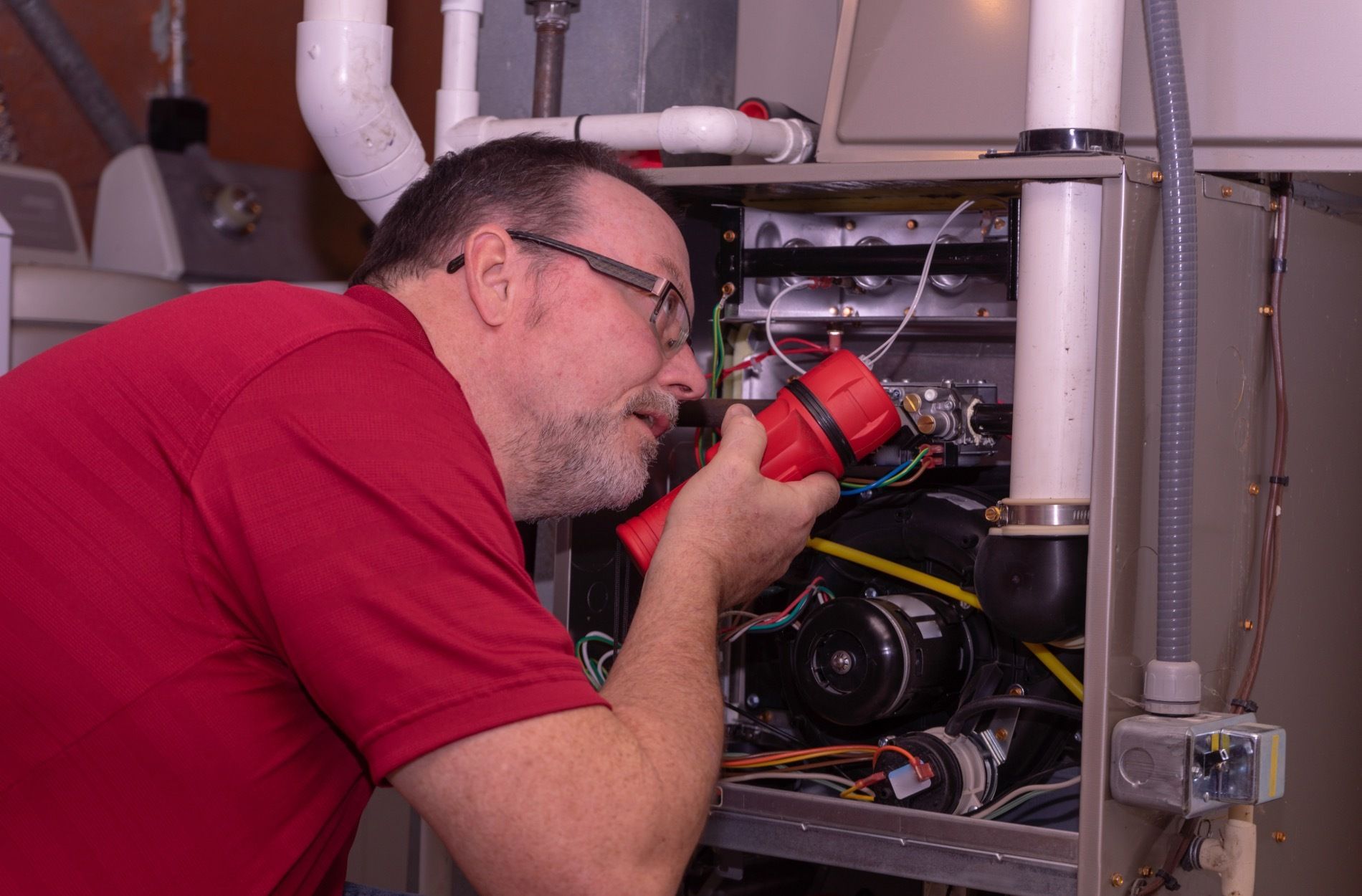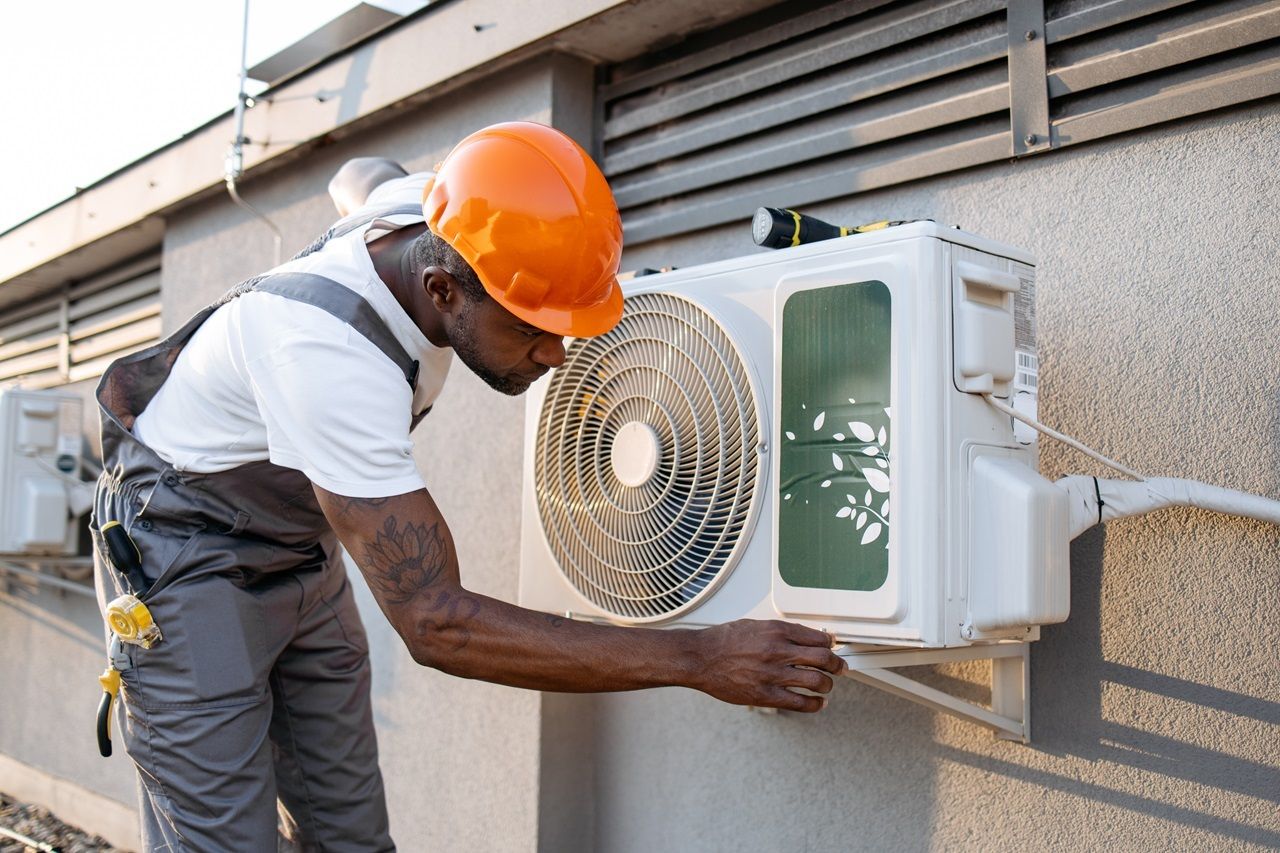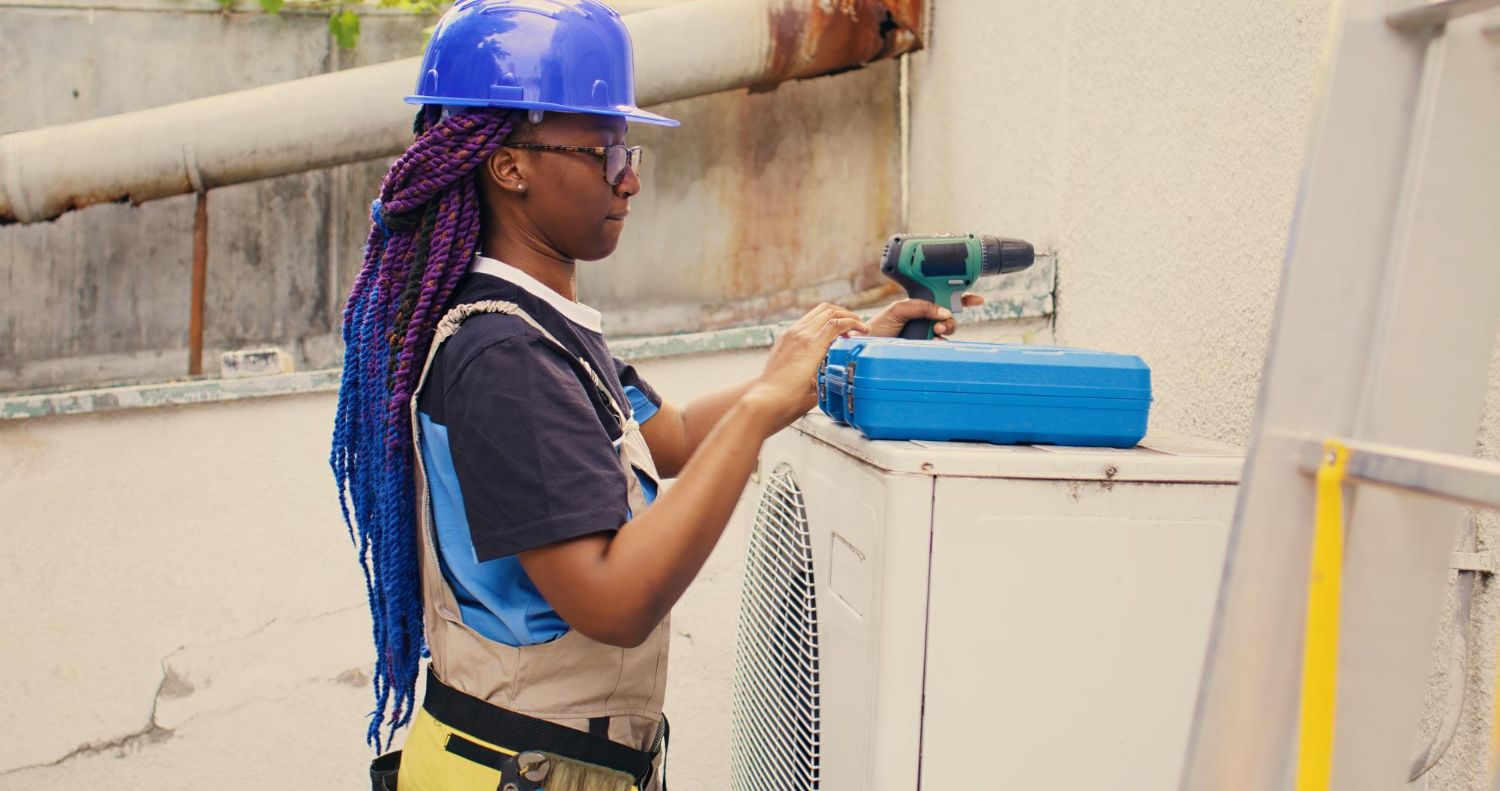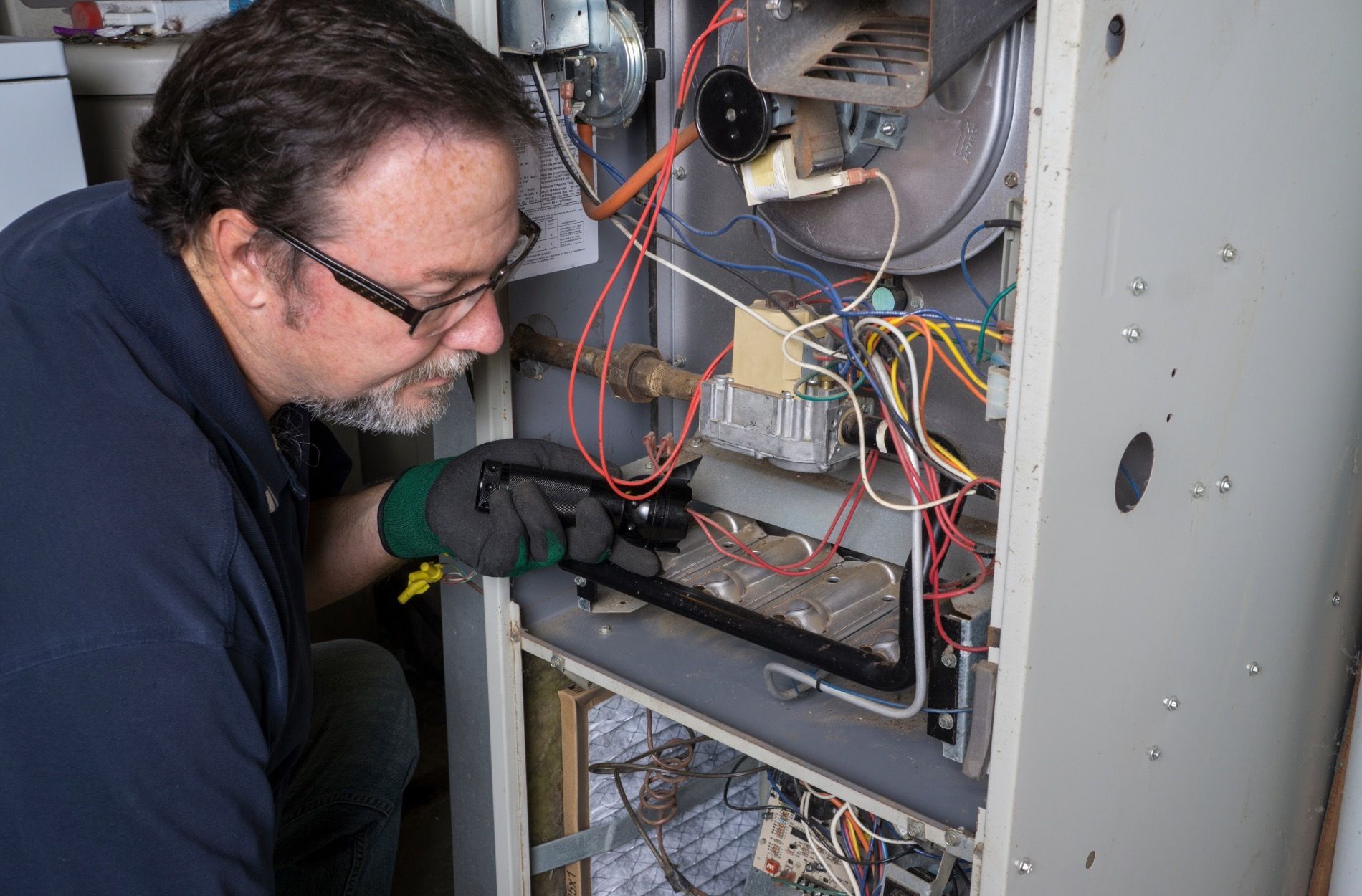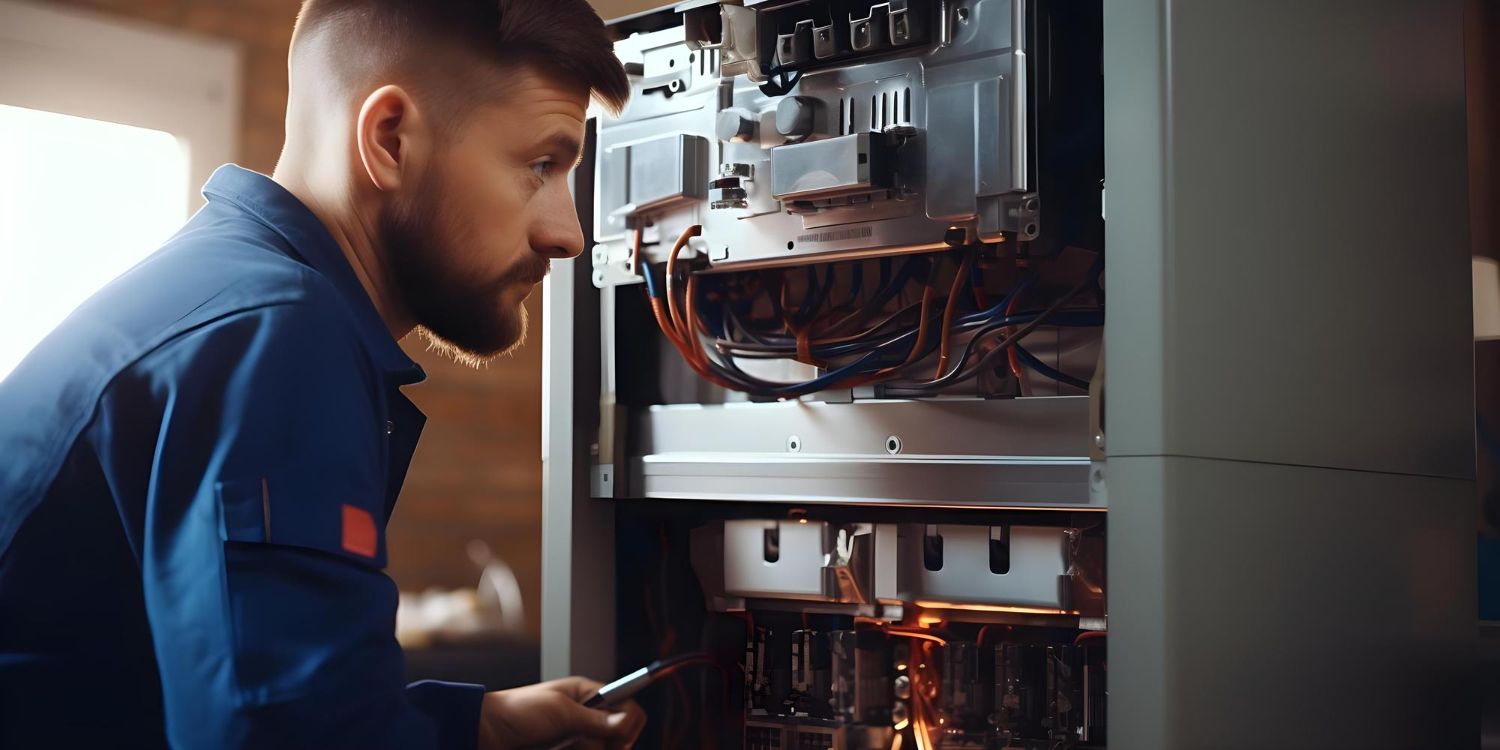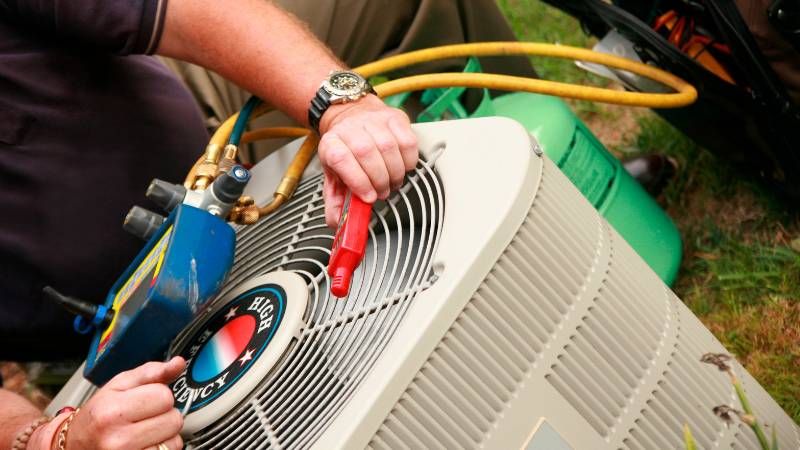
Why You Should Schedule A Pre-Season AC Maintenance Check?
All heating and cooling systems are just like the human body; they require regular check-ups.
Scheduling a routine maintenance check and tune-up for your air conditioner can prevent indoor air quality problems and help you save on energy bills.
Strategically timing your annual maintenance can prevent an unwarranted mid-season breakdown.
A pre-season maintenance check dramatically reduces your risks of suffering under the sweltering heat during the height of a Utahn summer.
Get to know your HVAC system and the best way you can prolong its life to serve you longer and better.
Here’s everything you need to know about scheduling pre-season maintenance checks.
When Do I Schedule a Pre-Season Tune-Up for My Air Conditioner?
You can schedule pre-season maintenance anytime. However, it would be best to be strategic on which “season” you’re scheduling it before.
Based on professional advice, regular maintenance is a must, and it’s best to schedule it before the appropriate season.
When is Cooling Season in Utah?
You might mistake it for winter or the year’s cooler months. However, the cooling season is actually during summer between June and September.
It’s when an air conditioner is mainly utilized to cool indoor environments. Thermostat settings are typically set to lower temperatures, making air conditioning more challenging against the Utahn summer outside.
During this time, an air conditioner has a tougher time keeping up with lowering indoor temperatures.
A cooling unit that isn’t in tip-top shape may give out when you need it the most.
The need for repairs and other services tends to surge before the winter and summer months. It’s best you don’t wait until the last minute to pay attention to your AC unit.
You should schedule a tune-up sometime in the spring to keep your summers cool and during fall to heat things up in the winter.
Many components within your cooling system require attention to keep it working properly.
However, you need the right specialist to conduct your unit’s check-ups and tune-ups with so many different HVAC systems.
Pre-Season Tune-Ups for Different HVAC Systems
One air conditioner can be totally different from the other in electrical connections, blower components, and overall system controls.
A general HVAC technician may be well-versed in aspects of an air conditioner and all its moving parts. Still, a specific specialist might have more expertise better suited for your unit.
There are two major types of air conditioning systems:
- Ducted
Air flow travels through ducts for equal distribution throughout multiple enclosed spaces. It is a typical set-up for central air conditioners that cater to more extensive infrastructures with various partitions. - Ductless
An AC unit with a ductless system caters to one enclosed space per split-type unit. Air flow comes from the outdoor unit and goes directly to the one indoors without going through a distribution process.
Central Air Conditioning System
HVAC technicians can conduct a maintenance service on a ducted system with general equipment.
More contractors are equipped with the tools and expertise necessary to service a ducted system. To preserve its heat pump and maintain refrigerant levels.
When seasons change, so do your needs. If you have housemates, your needs might differ from one another. Too many changes to cater to varying needs might shorten its life span and increase its need for a tune-up.
Poor airflow can stem from many things like dirty coils and low refrigerant levels.
During its tune-up, you can expect technicians to measure voltage, check the heat exchanger, restore refrigerant levels, and clean or change its dirty filter.
Its less complex system makes its maintenance simpler. A tune-up service should be an easier job to execute.
However, energy costs will tell you it isn’t the most efficient choice you can make.
Ductless Mini-Split System
A mini-split system features more advanced technology within its hardware.
Air flows through tubing systems that run from the outdoor unit to the indoor unit. Its more compact composition manages air more efficiently, and its direct transmission is less susceptible to potential contamination with fewer materials for outdoor pollutants to stick.
Within its systems are more sophisticated processors that require more specific equipment and expertise.
An unreliable technician might experiment and tinker around at your expense. Unknowledgable tinkering may cause more damage.
They might cause abrasions to your unit’s fragile coils, wires, and tubing systems without knowing it. Accidentally knocking around components might unwittingly cause a leak, drastically reducing refrigerant levels and water damage.
While it costs more upfront and takes more meticulous maintenance, it is the more cost-efficient and sustainable alternative to traditional HVAC systems.
Energy Efficiency of Air Conditioners
The efficiency of air conditioners determines how much you spend on energy costs and how big a carbon footprint it makes.
If you are worried about how much of a negative impact you are causing by satiating your air conditioning needs, look into your unit’s specifications more closely.
There are three significant rating systems you should know about:
- Seasonal Energy Efficiency Ratio (SEER)
- Energy Efficiency Ratio (EER)
- Heat Seasonal Performance Factor ((HSPF)
Let’s talk about how each of them determines the energy efficiency of your AC unit and the role they play in its needs for routine maintenance.
SEER
SEER stands for Seasonal Energy Efficiency Ratio; it’s a rating system devised to measure how efficiently your air conditioner functions during hotter seasons.
It is currently the most prominent standard utilized by contractors and manufacturers to indicate an AC unit’s energy efficiency.
A good SEER rating for air conditioners in Utah is 13 SEER and above.
Any lower and your air conditioner won’t only have a harder time keeping up with surrounding temperatures but will most likely require more maintenance.
If you have an older air conditioning system, try finding out its SEER rating. If it is lower than state regulations, ensure you never miss an annual check-up.
Where Can I Find the SEER Rating of My Air Conditioner?
You will likely find your unit’s SEER ratings indicated on its packaging. Examine the box it comes in, typically written on the side or bottom.
If it isn’t on the box, inspect the unit for an off-white, light, or neon yellow-colored sticker. Manufacturers might stick it alongside its bottom or side panels.
You can also look through the pages of its user manual. It’s unlikely you won’t find it there.
Still, there are more ways you can find your AC unit’s SEER rating.
If you can’t find it anywhere but happen to locate your unit’s model number, you can reach out to the manufacturer and provide its details to get your air conditioner’s SEER ratings.
While SEER may be the best rating system to apply here, you should know about the others.
EER
Many mistakenly interchange EER and SEER for one another. While higher ratings for both mean better efficiency, the two aren’t the same.
However, EER is typically measured against one temperature. SEER is calculated with the average number of hours in the summer with its built-in thermal configurations called the British Thermal Units (BTU).
EER is a standard measurement that helps indicate overall efficiency. SEER indicates how well AC units function for entire seasons, like summer.
In Utah, where summer is more of a year-round climate than a season, SEER is the more reliable rating of the two.
HSPF
Heat Seasonal Performance Factor is better used for measuring efficiency during the heating season.
It is the direct equivalent of the SEER rating. A higher HSPF rating measures the efficiency of an AC unit’s heat pump.
However, despite its name, a heat pump doesn’t generate heat; they manage heat by pumping it in and out of enclosed spaces through HVAC systems.
Heat pumps are a critical component in all AC units. If an air conditioner’s heat exchanger can’t function efficiently, it won’t handle air exchange well in the summer and might malfunction more.
If you miss its yearly tune-up, it might give outright in the middle of summer.
Energy Star
Energy Star is a renowned department advocating environmentally-friendly solutions. The United States government backs the national eco-friendly advocate.
The department only recognizes the most energy-efficient AC units. Energy Star certifies HVAC systems that provide better overall air conditioning sustainably.
Among its advocacies is the cleanliness of indoor air.
The Important of Clean Air Conditioning
The conditioning of outdoor air isn’t all about temperature. It includes sanitation.
Air filtration systems play a significant part in AC units. Without routine check-ups, air filters might overflow with different particles and increase contamination risks.
A contaminated system invites different bacteria and breeding grounds for a mold infestation.
Your indoor unit will produce hazardous airflow, negatively impacting your indoor air quality and cultivating an environment of different diseases.
Depending on how bad air quality gets, immediate symptoms include:
- Allergies
- Asthma
- Rashes
- Insomnia
- Dry eyes
- Itchy throat
- Dry cough
- Lightheadedness
- Hazy vision
- Nausea
Prolonged and repeated exposure may lead to more severe respiratory diseases like lung cancer or emphysema.
The importance of maintaining indoor air quality has gained prominence over the last few decades. Still, not enough of us know more about it.
Why Indoor Air Quality Matters?
Indoor Air Quality (IAQ) is a matter of health worldwide.
Poor indoor air quality causes more illnesses than you might think.
While most of us think we can only attain respiratory diseases through bad habits or prolonged exposure to outdoor pollution, a significant amount of studies tell us differently.
More and more studies have surfaced indicating indoor air show higher concentrations of pollutants and harmful gasses.
Indoor pollution doesn’t just come from the outdoors. We can generate pollutants indoors through poorly adjusted stoves, lingering tobacco smoke, and poor ventilation systems.
The concentration of organic and chemical gasses increases with fewer avenues for dissipation and air exchange.
Natural ventilation systems like windows, doors and chimneys are helpful. However, they provide air with a two-way street exchange.
Mechanical ventilation systems have more technologically advanced techniques. Its smarter functions include filtrations systems and blocking outdoor pollutants from making their way into your home.
HVAC systems include filters and ventilation systems that dictate airflow and manage overall indoor air quality.
What is Good Indoor Air Quality?
One of the most prominent manners of measuring air quality indoors is through Volatile Organic Compounds (VOC) sensors.
VOC measuring devices measure the concentration of Carbon Monoxide (CO2) indoors. These helpful measuring devices are available to the public. Still, they aren’t all reliable.
You might have difficulty figuring out the numbers and computations necessary to determine your IAQ accurately.
Still, determining the air quality, you are breathing indoors is one way to tell if your air conditioner is functioning correctly.
At any time one of your HVAC system’s components is malfunctioning or underperforming, it will reflect on the results of your indoor air quality measurements.
Call a reliable technician to immediately inspect your IAQ and AC if something doesn’t feel right.
The Most Trusted Installations and Repairs in Sandy, Utah
We provide inspections and consultations.
We conduct various relevant tests to ensure the quality of your systems is in tip-top shape.
Our experts have extensive backgrounds in both old and new air conditioners, and we haven’t been trumped yet.
If you need help in installing new ones or repairing old ones, we’re there!
One Stop Heating and Air Conditioning
If you are looking for reliable technicians to install and maintain air conditioners, you can visit our website.
Check out our full-service suite for all your heating and cooling needs.
Don’t forget to send us a message!
We’re Here for You 24/7
You can chat with our online representatives at any time.
In case of emergencies, you can reach out to Sandy’s most reliable technicians.
Let us help you keep things cool by ensuring your family’s health and safety through different seasons. Leave your family’s comfort to us.
Schedule your pre-season maintenance now.

